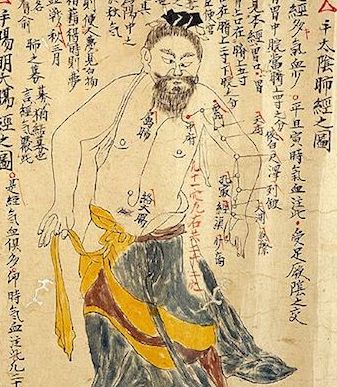
Acupuncture: The Taoist View of Medicine
All healing systems are based on a view of the world. There are many “truths.” Cultures focus on an aspect of the universal “truth,” and build systems of healing to reflect their view of the world.
Acupuncture was created in China over 2000 years ago. It is an impressive system of healing, as its lifespan is so long. Fads come and go. Yet for some reason, acupuncture has endured. One of the reasons for the endurance of Chinese Medicine lies in classical Chinese culture’s focus on scholarship: throughout history, Chinese philosophers and physicians have published many books chronicling the medicine.
As a healer, and as a philosopher, I am a Classicist. I believe solutions to our modern problems can be found by looking to the great thinkers of the past.
The Chinese Medical system is a vastly different way of looking at the world than our Western Model. Eastern and Western science have a yin/yang relationship: they can compliment one another, but they’re still very different in how they see the world.
Acupuncture was created by Taoists. Taoism is a spiritual philosophy that has influenced Chinese culture since the beginning of civilization. It has influenced the social as well as spiritual beliefs of China, as well as its science and medicine. To understand Chinese Medicine, one needs to gain an appreciation of Taoism.
The Taoists were most interested in discovering “the primordial qi:” the energy source from where all life comes from. As a spiritual philosophy, the Taoists focused on the source of life, coming from a chaotic “oneness,” sort of similar to the “Big Bang Theory” in Physics. From this “oneness,” which they called the “Tao,” came differentiation and opposites: male and female, light and dark, substance and non-substance: “Yin and Yang.” From the interaction of Yin and Yang, all phenomenon are born. Chinese Medicine, as created by the Taoists, focuses on this aspect of reality: the “Qi,” or energy that creates and sustains life.
I often like to describe “qi” like this: we know the heartbeat is what pumps the blood in the body, which brings oxygen to all of our body tissues. Yet what makes the heart beat? Western Science would call this an electrical energy that is regulated by the hormonal system and the brain. The Chinese would call this electrical energy “Qi.”
“Qi” is the force that makes everything work in the body: it moves the blood, allows the lungs to breathe, the muscles to move, the peristalsis of the gut to digest and move the food. “Qi” is physiological function. “Qi” is life. When “Qi” is exhausted, there is no more life. Without movement or “qi,” there is no longer function, and no longer life.
Acupuncture was the medical system that was created from the worldview of “Qi.” To maintain and restore health, the ancient Chinese worked with the “qi” of the body.
The Taoists devoted their science to understanding the movement of “qi” in the body. They discovered “qi” moves through specific pathways in the body, relating to each of the major organs. For example, the Stomach contains “qi” that allows it to process the food we consume. From the organ, there is a pathway where “qi” flows into the lungs to support lung function. There is also a pathway that travels along the foot, leg, groin, abdomen, pancreas and spleen, chest and into the sense organs of the face, giving function to all of these structures.
The Taoists also discovered that there’s a way to measure the “qi” of the body. To be able to work with “qi” one must have a way of assessing and measuring how it’s working. They discovered the “qi” of all of the organs and channels can be measured on the radial artery of the wrists. Pulse Diagnosis was the result of this discovery.
Pulse Diagnosis is much more sophisticated and developed by the Chinese than it is in Western Medicine, perhaps because the pulse is the main way of diagnosing in Chinese Medicine. The beat and strength are only two of the things measured. Also, the quality, shape and texture of the pulse are assessed, reflecting how the “qi” is affecting the blood, body fluids and hormonal system, as well as how the “qi” of each organ and channel are affecting one another. Through the pulse, every aspect of human life can be measured: physical function, mental and emotional states, as well as the spirit.
Acupuncture is unique in that the tools used to allow the patient to heal belong to the patient himself. No substance is given as in pharmaceutical or herbal medicine. The acupuncture “points” in which the acu-needles are inserted belong to the patient. The healer is not giving the points to the patient, but stimulating something that is already there. The healer is not giving the patient “qi,” but manipulating and directing the “qi” that they already have. It is the patient who is healing himself. The acupuncturist simply directs the self-healing process already possessed.
In a way, acupuncture is the simplest, most organic way of healing. It is also amongst the most self-empowering. In our modern world, with so much technological complication (all of the machines and tests and drugs), I’ve found a sense of calm clarity going back to the Taoist system of healing; back to the point of view that each of us possess an innate capacity to heal. Our bodies simply need to be adjusted at times. The “qi” that maintains our health may need to be untied or directed to a particular area. But, in the end, it is always our own “qi” that is doing the healing. We have the power to restore ourselves to health. This was the message of the Taoists: by returning to the source of all life, we can restore ourselves to health.

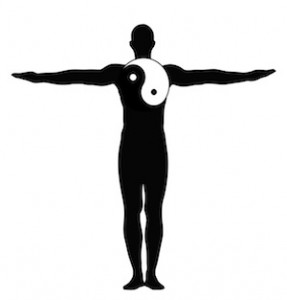
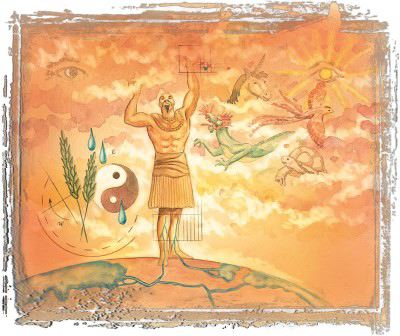
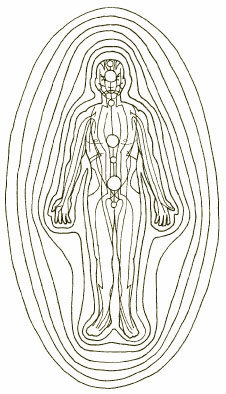
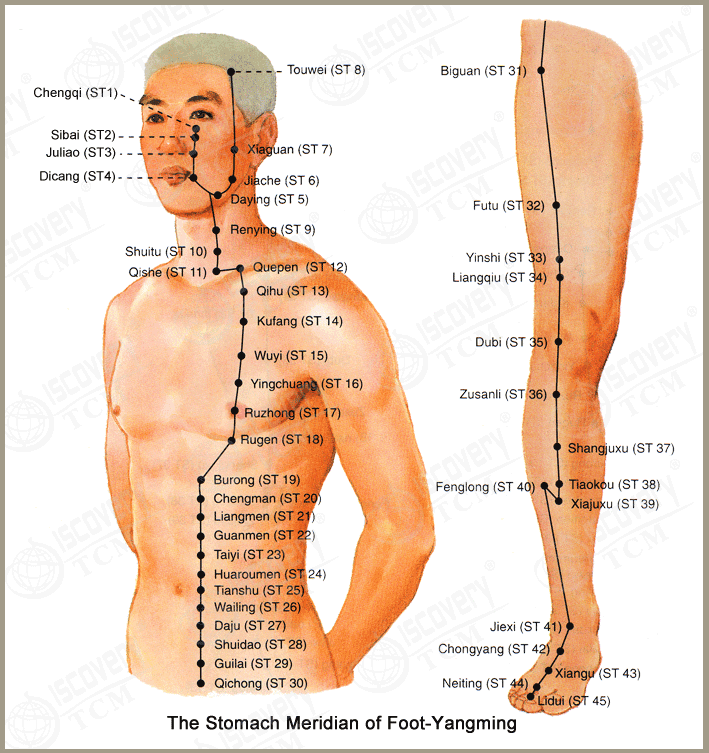



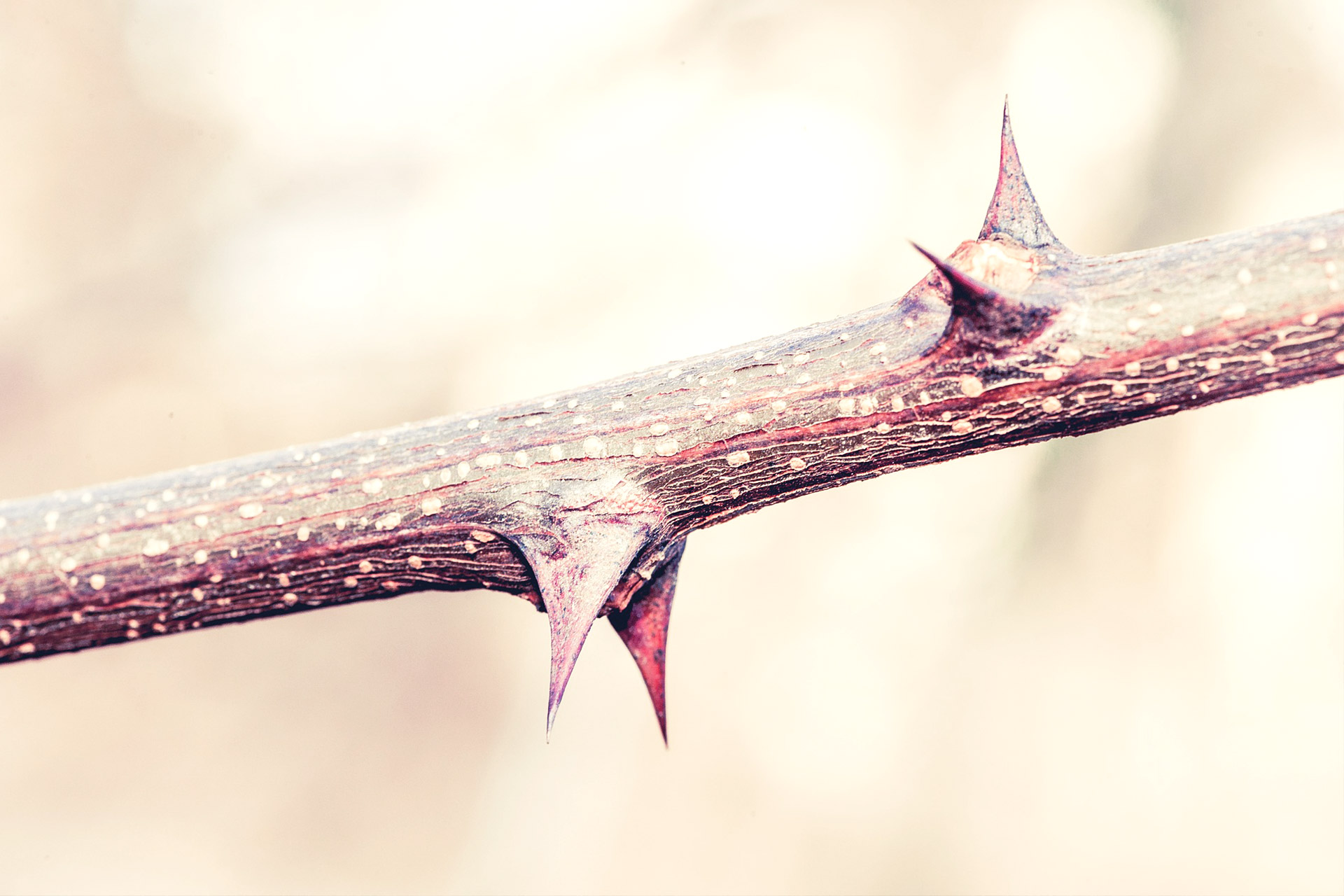
No Comments